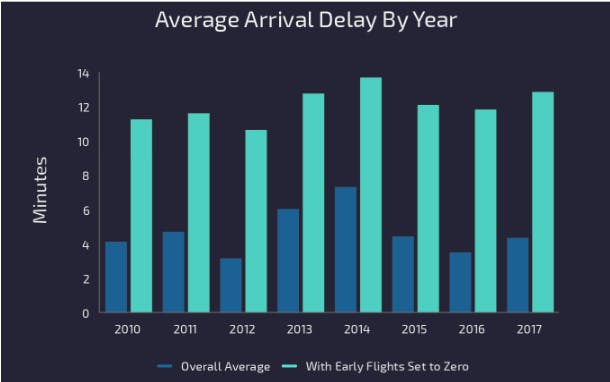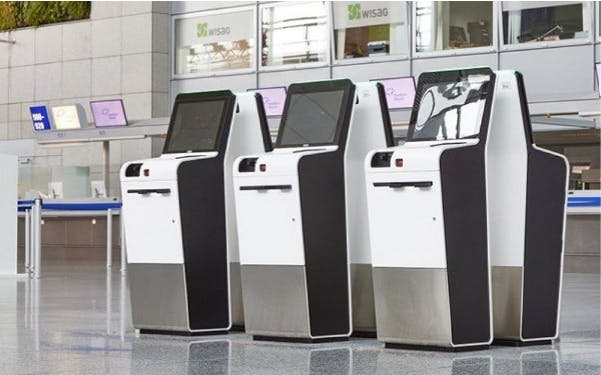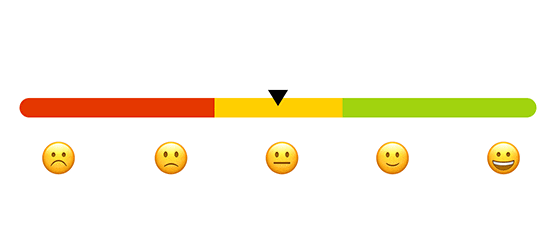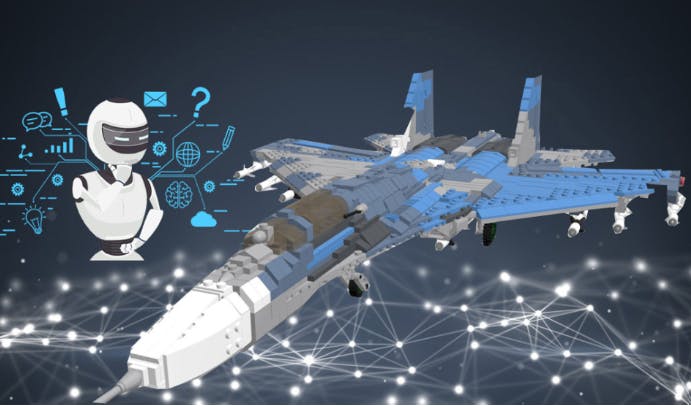
How can artificial intelligence bring a change in the Aviation Industry?
Table of contents
No headings in the article.
Every company with strategies to evolve are investing in artificial intelligence to serve mankind efficiently. The transportation industry is not an exclusion from this. Even though autonomous driving is making it to the headlines, the aviation industry has its strides.

Leading airline companies are exploring ways to meet the demands of customers wherein artificial intelligence tends to increase operational efficiency by taking up various roles:
Aircraft Monitoring:
To keep heavy-duty planes flying for more than 16 hours, the health of the plane is a crucial concern. Huge data and advanced analytics are required to achieve this without any major turbulences. Nearly 30% of delays are caused due to improper maintenance. Implementation of Artificial intelligence helps in predicting issues during maintenance which enables the possibilities of quick repairs. For Instance, Donecle offers automated drones employed with image analysis algorithms to detect defects. Leading French Companies including Dassault Aviation and AirFrance make use of the software to make the process of inspections faster and more efficient.

An additional advantage is the reduction of ground time as the applied techniques take lesser time than manual checks. Usage of Natural Language processing supports scanning millions of logs thereby extending the life of parts, offering huge savings and ensuring the safety of the plane and its passengers. Over the years, the graph of flight delays due to malfunction has drastically reduced.
The aviation industry produces carbon dioxide emissions that amount to Up to 2% of total emissions which is a significant factor that designers and manufacturers strive to improve as it not only causes ecological damage but also raises financial concerns. Using AI systems with built-in Machine learning algorithms helps in calculating the right amount of fuel needed based on aircraft specifications, routes, altitude, weather and wind conditions.
Ease of Travel:
From a passenger’s point of view, the inclusion of AI for services reduces the difficulty involved at various stages of travel. Starting from the Usage of Virtual Assistants to learning about check-in timings and self-serving kiosks using facial recognition algorithms to verify customer identity till managing the overbooking of flights, AI does it all. Smart Systems like "Fly to a gate" by Thales utilize Biometrics and document scanners to verify passenger details and "BagsID" enable contactless baggage handling. Surprisingly, the possibility of passengers swapping or cancelling their bookings could also be known beforehand by analyzing the weather patterns throughout the route and passenger history.

Explorations of AI in the commercial sectors of the aviation industry is an evolutionary process where implementation has been experimented with in various sectors. The analysis points out a huge market in airport development and a boom in business in the industry of automation in the coming years.

A business analytics platform known as the Automated Neural Intelligence Engine (ANIE) helps in feedback Analysis with functionalities like data review, categorization and visualisation and Sentiment Analysis. The Engine performs time-consuming work to ease out the list of tasks that humans tend to focus on during their journey.
Virtual Assistance:
AI-based virtual assistants aid not only the passenger section but also the crew. Productivity of pilots could be improved by reducing minor or repetitive tasks like reading out wind conditions, changing the radio frequencies and much more. Leading companies offer AI-enabled audio panels which turn out to be useful for pilots.

Overall revenue management factors like demanded routes and maximum payments that passengers are willing to process could also be projected based on the idea of how customers perceive the product value. Two major approaches include EMSR (Expected Marginal Seat Revenue) and Ancillary Price Optimization. Konstantin Vandyshev from Transavia's Revenue Management department shares that data science concepts come in handy to manage risks involved in Revenue Management.
Integration of predictive models along with big data generated by airlines reduces the workload of the crew as it assists in projecting the efficiency of the pilot based on his/her work regulations, vacations, days off and more thereby helping in schedules without conflicts. Additionally, the Pairing of crew members crew member licensing and qualifications could also be implemented.
One of the leading airline companies, DELTA, has been employing various services using AI to improve efficiency while achieving cost reduction. Starting from Face recognition technology to identify passengers, an AI-driven system to support crucial decisions in critical conditions like bad weather, and partnering with Airbus to use the "Skywise" platform - a maintenance app that improves aircraft reliability, the company has been trying to implement the technology of AI in as many domains as possible.
Companies like Air France, Malaysia Airlines, Atlas etc., have invested in specialized Sky Breath to reduce Carbon Emissions as part of IATA's " Net-Zero Carbon Emissions Resolution". Alaska Airlines, a leading airline company in terms of customer satisfaction has employed the "Flyways AI" Platform to assist dispatchers in making decisions and planning efficient routes which did turn out like expected as it saved 480,000 gallons of fuel avoiding 4600 tons of carbon emissions.
Interestingly, United Airlines has teamed up with Amazon Alexa to help customers with information regarding flights in general and booked flights. Besides these, there are various functionalities where AI could help in improving efficiency starting from fraud detection in payment or other fraud cases involving the commercial aviation sector ranging to flight management with autonomous take-off and landing in future. Just like Konstantin Vandyshev quoted:
it’s worth mentioning various stochastic optimization tasks in regards to potential use cases of AI in the airline industry. Eventually, data science is applied to operations optimization but carries great hope for the development of new technologies
Credits: